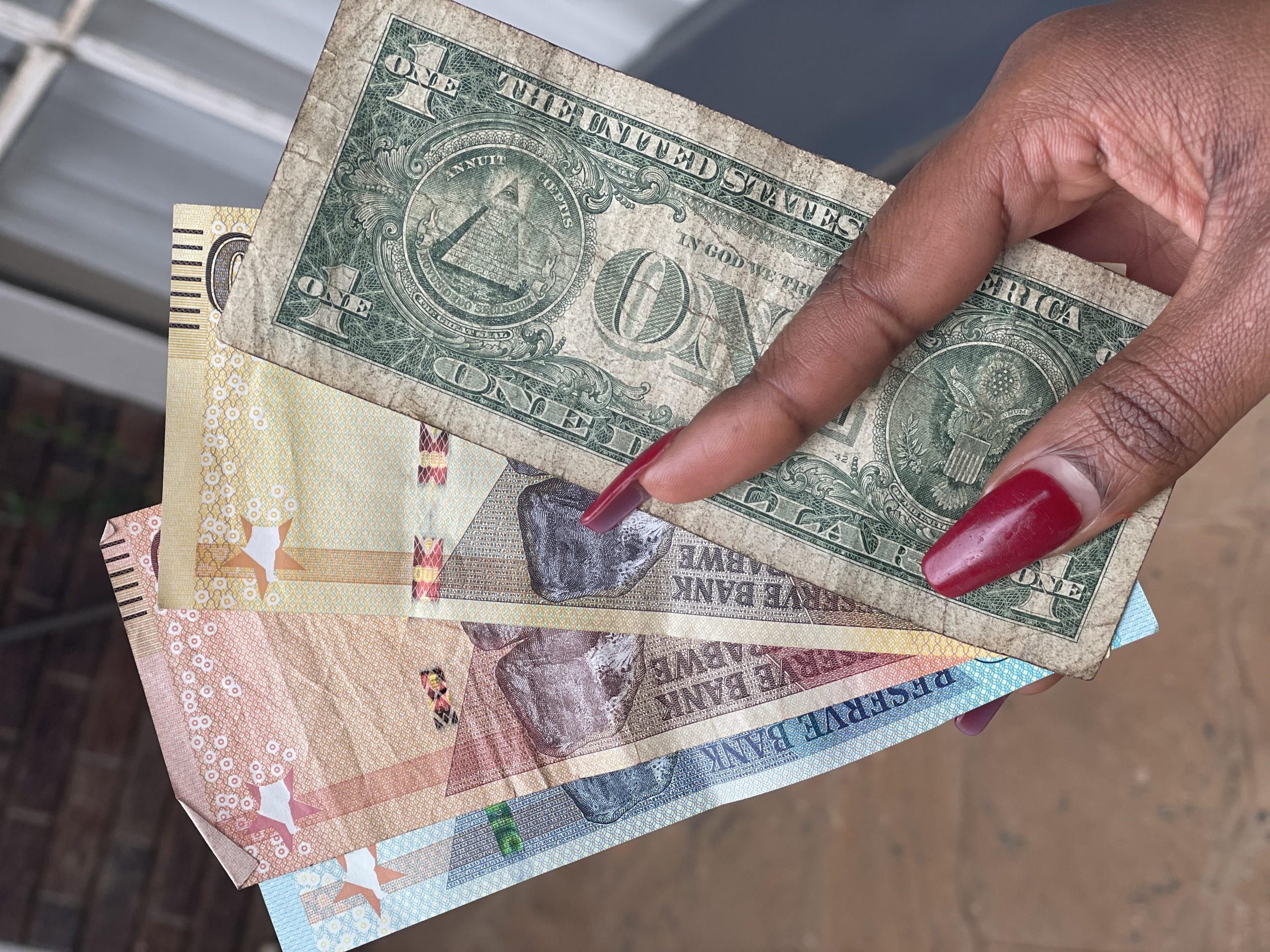By ETimes
There is hope that Zimbabwe’s 2023 election can solve some of its economic challenges. The country has been in a deep economic crisis for many years, and the current government has been unable to make significant progress in addressing the problems. A new government could bring new ideas and approaches to the table and could potentially be more successful in stimulating economic growth and reducing poverty.
However, there are also some reasons to be skeptical about the potential for the 2023 election to solve Zimbabwe’s economic challenges. The country’s political system is deeply divided, and it is possible that the election will simply lead to more instability and conflict. Additionally, the economy is so deeply entrenched in problems that it may be difficult for any government to make significant progress in the short term.
Overall, there is hope that Zimbabwe’s 2023 election can help solve some of its economic challenges. However, it is important to be realistic about the potential for change, and to understand that the process of economic recovery will likely be long and difficult.
Here are some of the economic challenges that Zimbabwe faces:
* Hyperinflation: Zimbabwe has experienced hyperinflation for several years, which has made it difficult for businesses to operate and for people to afford basic necessities.
* High unemployment: The unemployment rate in Zimbabwe is estimated to be around 90%, which has led to widespread poverty and social unrest.
* Drought: Zimbabwe has been hit by a series of droughts in recent years, which have damaged agricultural production and led to food shortages.
* Corruption: Corruption is widespread in Zimbabwe, which has hindered economic growth and made it difficult to attract foreign investment.
These are just some of the challenges that Zimbabwe faces. It is important to note that these challenges are interconnected and that any solution to one challenge will likely require addressing other challenges as well.
Issues of good governance must be put into practice. Since 2000, Zimbabwe has been known for bad reasons globally; because of this, investor confidence is being shaken, resulting in poor cash inflow in the formal economy. For example, in 2008, the Mugabe regime invaded corporate and individual bank accounts through the Reserve Bank of Zimbabwe in order to oil and grease their election campaign machine.
Against this background, most individuals have resorted to “pillow banks” or “underbed banks,” while corporate companies and businesses are keeping money in safes and elsewhere.
Aside from this, the governing party and its loyalists are notorious when it comes to gross violations of property rights and human economic rights. The governing party historically forced private-sector businesses to support them materially and financially. To add on to that, there is a tendency to revoke the licenses of “economic saboteurs” whom they allegedly perceive as working with “agents of regime change”.
Based on our understanding of contemporary political ecology, there is going to be a disputed election result in which most investors will be scared off, implying that there is going to be disinvestment and some prospective investors will be kept at bay or remain offshore.
Therefore, the Mnangagwa administration must create an environment conducive to peaceful, credible, free and fair elections. Thus, the election outcome must be accepted by both political players.
With the current political ecology, it is clear that the country is heading towards a crisis economy after the election. Honestly speaking, there’s a probability of post-election conflict and disputed results that will leave the economy worse than it is today.
To abate possible negative consequences of the election outcome, the rule of law and respect of human rights (civil and political) must be respected accordingly – Harare


